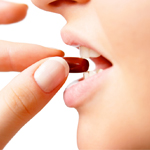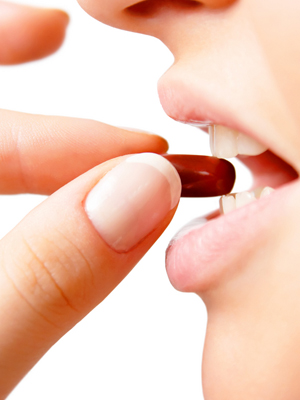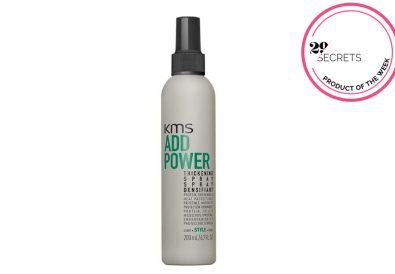We all know that eating right has beauty benefits, but now companies such as Genuine Health, Imedeen, and Oenobiol are promising us a shortcut (albeit a pretty pricey one): all the skincare benefits of a healthy diet packaged neatly in pill or liquid form. These skingestibles promise to do everything from banishing wrinkles to reducing the size of your pores.
A vitamin with skin rewards seems to make more sense than a miracle cream, but what’s actually in these products? We take a look at the most common ingestible skincare ingredients:
Antioxidants fight the free radicals associated with wrinkles and photo-aging (sun spots). Some brands even claim that antioxidants can reverse already visible damage. Common antioxidant ingredients include Vitamin C, Vitamin E, Selenium, fruit extracts, and cocoa seed extract.
Food sources: Citrus fruits, berries, nuts, seeds, soybeans, green tea, dark chocolate
Lycopene is a phytochemical that provides the skin with some natural SPF and has been shown to help prevent sunburn. It may also help to preserve skin’s elasticity and boost collagen.
Food sources: Tomatoes, carrots, papaya, pink grapefruit, watermelon
Omega-3 Fatty Acids help to boost moisture and decrease inflammation (which in turn can alleviate acne problems).
Food sources: Fish (mackerel, sardines, salmon, tuna), flax seed, hemp seed, pumpkin seed, walnuts
Vitamin B can help repair skin tissues and fight inflammation.
Food sources: whole grains, eggs, dairy products, milk
Zinc helps to ward off UV damage and boosts the skin’s healing power.
Food sources: meat, shellfish, wheatgerm
Calcium increases cell turnover and preserves the skin’s lipid barrier, which prevents dryness.
Food sources: dairy products, leafy green vegetables, nuts, seeds
The bottom line: Scientists are still a bit skeptical about the effectiveness of skingestibles. Though they admit that in theory they could work, there’s no reason to expect that nutrients in supplement form will be more beneficial than the old-fashioned food versions. Plus, while ingredients such as collagen and hyaluronic acid may do your skin some good in a topical form, there’s no evidence to suggest that your body can use them internally.
So while skin supplements might be good to fall back on when you know your diet has fallen short, you should still aim to get most of these nutrients at the grocery store “ for the good of both your health and your wallet.












